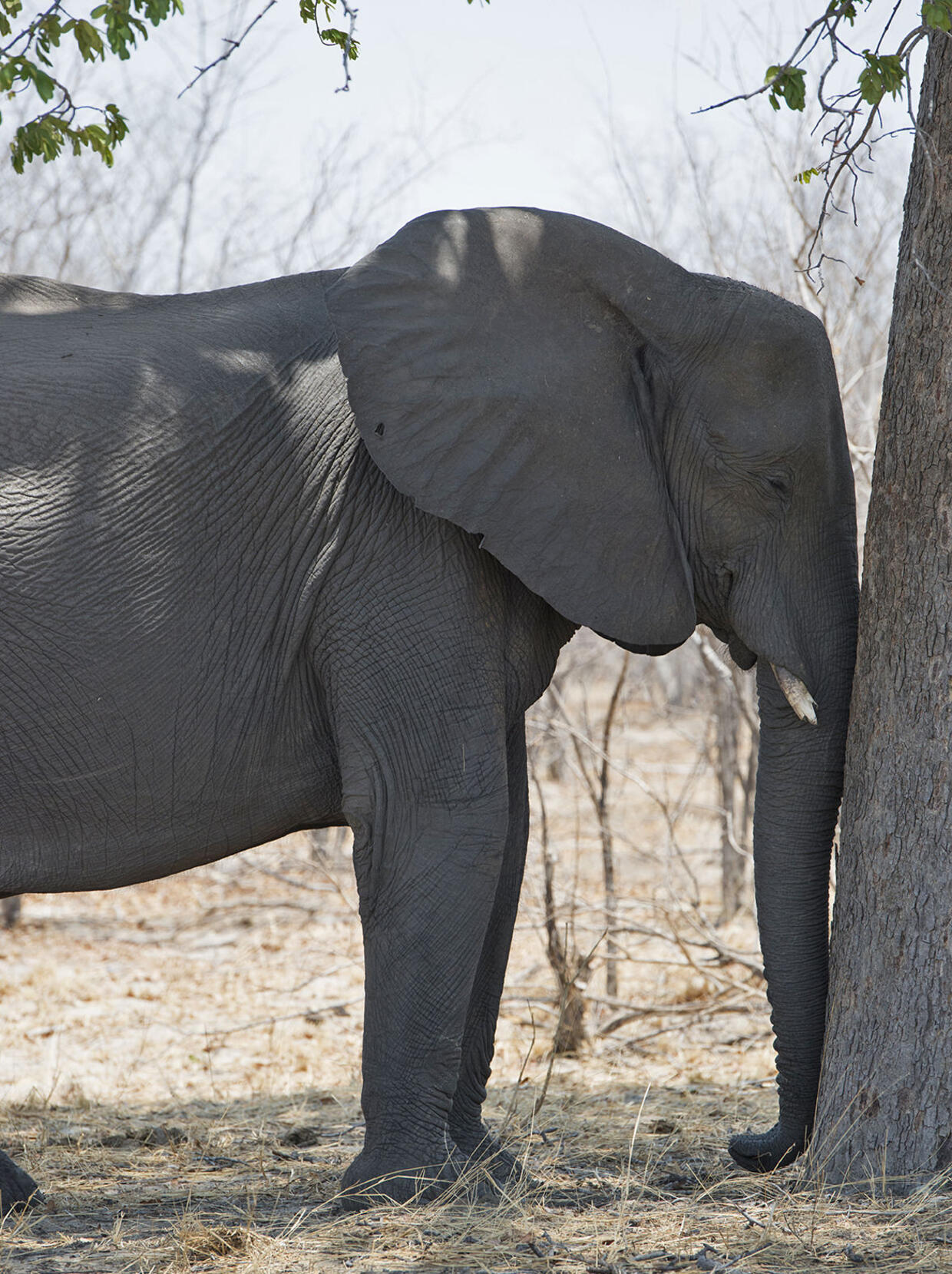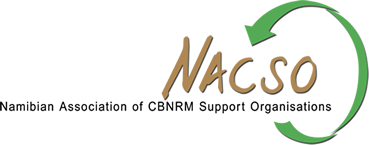
Visitors to Namibia sometimes ask if the small horns on sale in craft shops, often as bottle openers, are “safe to buy”. Are they the result of poaching, or is the trade in animal products legal? With large posters at the airport telling people to report any poaching activity, especially of elephant and rhino, it’s a sensible question. And worldwide, trade in wildlife products is a big issue.
That’s why the travel trade industry in the United States is joining with WildAid and the WWF to form the U.S. Wildlife Trafficking Alliance, a public-private partnership in which corporate and non-profit member organizations work together with governmental entities to raise awareness about the dangers of wildlife trafficking and to stop consumer demand for endangered species products. Together, the Associations serve more than 25 million travellers annually.
The announcement comes as the Alliance releases its “Know Before You Go / Ask Before You Buy” digital toolkit, which provides travel and tourism industry leaders with resources they can use to engage travelers in the fight to stop wildlife trafficking. The toolkit materials were developed through the Alliance coalition that includes travel companies, non-profit leaders WildAid, WWF, and TRAFFIC, Discovery Communications, and the U.S. Fish & Wildlife Service. The toolkit includes educational pamphlets, public service announcements, and infographics, that highlight the importance of ending demand for illegal wildlife products with beautiful and powerful imagery.
Efforts in the travel industry come at a critical time, as wildlife around the world is under threat. From climate change to habitat loss, animals around the world are suffering steep population declines. In the last decade, illegal poaching has been pushing endangered animals to the brink of extinction. An unprecedented global demand for exotic wildlife products has triggered industrial-scale killing of endangered species like elephants, rhinos, tigers and other endangered animals. Wildlife trafficking is a multi-billion dollar criminal industry. Money from the illegal wildlife trade has been linked to organized crime, drug lords, gangs, and corrupt governments—all at the expense of wild animals.
To combat the illegal trade, the Alliance’s network of partners has expanded across the corporate and nonprofit sectors, including leading companies in travel and tourism, e-commerce, fashion and jewelry, communications, non-governmental organizations, and other sectors. A full list of Alliance members and corporate commitments is available at uswta.org.
